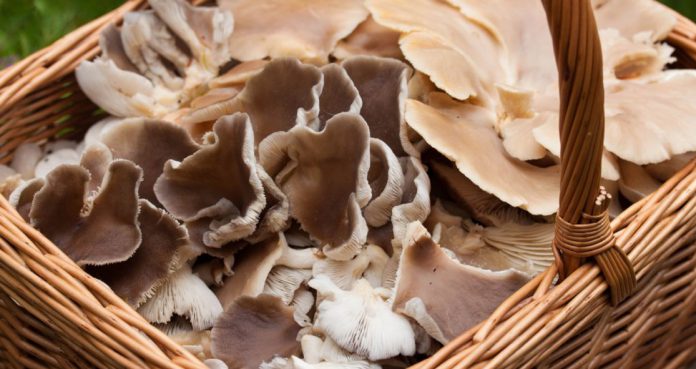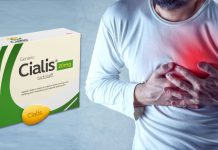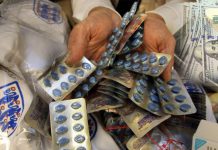Tuberculosis, or TB, is one of the deadliest diseases in low-income countries. Worldwide, more than 1.6 million people die of TB each year.
According to a new study, sun-exposed oyster mushrooms are found to be an effective source of vitamin D, which can help patients with TB to respond better to anti-tuberculosis drugs by boosting their immune response.
A doctoral fellow at University of Hohenheim, Germany, Tibebeselassie Seyoum Keflie, said, “TB is becoming more difficult to fight due to the emergence of drug-resistant strains, creating an urgent need for new treatments that can support first-line drugs. This source of vitamin D is ideal for low-income countries because mushrooms can easily be distributed and administered in a safe, low-cost, easy-to-replicate manner.”
Keflie performed the study with Hans Konrad Biesalski. They will be presenting their results at the annual meeting of the American Society for Nutrition 2019 in Baltimore.
Previous studies have found that vitamin D is effective at inducing the body to form a type of antimicrobial compound that can attack the bacterial cause of tuberculosis. Sun exposure can help boost a person’s vitamin D level; however, it is important to get the vitamin through the diet when there is no sun exposure.
The authors of the study used oyster mushrooms, as they offer a safe, cheap, and readily available source of vitamin D, which is easily absorbed by the body. Fresh oyster mushrooms do not contain vitamin D; however, it produces the vitamin the after being exposed to sunlight.
Keflie said, “This is the first time that vitamin D derived from oyster mushrooms exposed to sun has been shown to be a potential adjunctive therapy for TB. With educational outreach, it might be possible to teach people with TB to irradiate their own mushroom for a brief period before cooking.”
The study participants included TP patients who were advised to eat sandwich bread that contained 146 micrograms of vitamin D from sun-exposed oyster mushrooms. They were given the sandwich every morning for the first four months during which they received an anti-TB drug.
After four months, the researchers found that 95 percent of the participants who received the fortified bread had the lowest TB severity score on a scale of 1 to 5.
They also found that the treatment group had higher levels of vitamin D when compared with patients who did not receive the bread. Furthermore, it was found that patients who consumed the bread had remarkable improvements in immunological responses over the course of four months. The team of researchers plans to carry out additional investigations to find out the connection between vitamin D and immunological responses in TB patients. Also, they are trying to develop various mushroom drying methods to determine how to provide the highest levels of vitamin D in TB patients.























